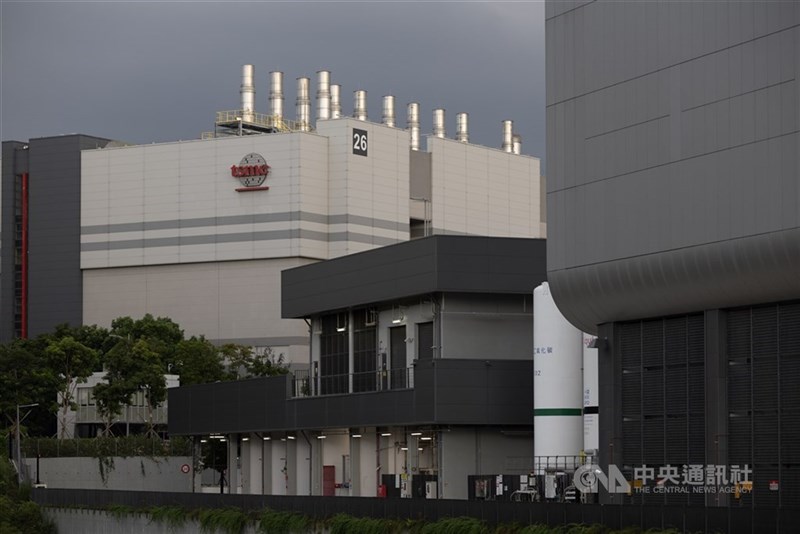
Taipei, Sept. 29 (CNA) Opposition Kuomintang (KMT) lawmakers in Taiwan on Monday condemned Washington's idea that semiconductor production could be divided equally between Taiwan and the United States.
In an interview with NewsNation on Sunday, U.S. Commerce Secretary Howard Lutnick said the Trump administration is pushing Taiwan to adopt a "50-50" manufacturing arrangement, seemingly meaning that half of chips used in the U.S. would be made domestically.
KMT lawmaker Hsu Yu-chen (許宇甄) said in a statement that the proposal is not a trade agreement but an act of exploitation and plunder of Taiwan.
Hsu said Taiwan's semiconductor industry is known as a "silicon shield" because its concentrated and irreplaceable output gives the international community a reason to maintain peace in the Taiwan Strait.
She warned that if the United States were to force Taiwan Semiconductor Manufacturing Company (TSMC) to divide its most advanced production, the silicon shield would weaken and Taiwan's security bargaining power would disappear.
TSMC has already committed to investing US$165 billion in the U.S., which would include six advanced wafer foundries. In its 2022 Annual Report, TSMC said its first two foundries would produce 600,000 wafers a year.
Lutnick did not say how many wafers would constitute 50 percent of U.S. demand.
Hsu said Lutnick's public claim of an imminent major agreement shows negotiations have already taken place without Taiwan's government informing the public.
She accused the government of failing to disclose what will be sacrificed and secretly handing over "Taiwan's Silicon shield," calling it a betrayal of the people and an act of selling out the country.
Hsu urged President Lai Ching-te (賴清德) to explain the government's bottom line in talks with Washington and deliver a national policy report to the Legislature, warning that continued silence would confirm the sellout agreement.
KMT lawmaker Huang Chien-hao (黃健豪) said the U.S. aim of diversifying risk is obvious and that Washington should treat short-term trade deficits as investment rather than impose punitive tariffs on other Taiwanese industries.
Huang added that the U.S. government has already warned of a coming crisis and intends to move key assets and technology, saying Taiwan's government should focus on reducing risks on the front lines of conflict instead of imagining itself as a chess player.
In his remarks Sunday, Lutnick argued that abundant U.S. chip supply is necessary to protect Taiwan and challenged the idea that the island's concentrated chip production alone forms a silicon shield, but he did not elaborate on his rhetoric.
Lutnick would only say that involving Taiwan in the 50-50 plan is central to the Trump administration's strategy and that achieving 50 percent domestic chip production in the U.S. is vital for Taiwan as well.
-
Politics
Opposition calls for talks on format of Lai's legislative report
02/23/2026 07:02 PM -
Politics
Lai signals willingness to address legislature after 5-branch tea party
02/23/2026 05:59 PM -
Politics
KMT to name New Taipei candidate March 11, launch talks with TPP
02/23/2026 05:47 PM -
Politics
Premier seeks to keep MOU, 232 treatment intact amid U.S. tariff shift
02/23/2026 05:29 PM -
Business
Taiwan's Starlux Airlines to launch flights to Busan on June 1
02/23/2026 04:57 PM